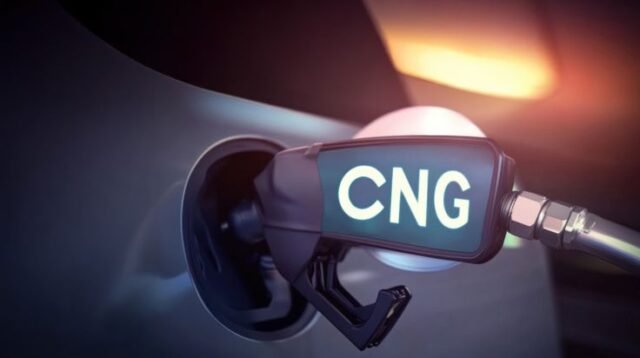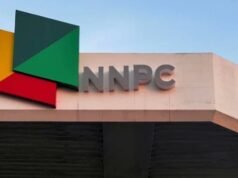Nigeria’s CNG Leap: MDGIF Partners with Chinese Firm to Roll Out 500 Gas Stations Nationwide
Nigeria is taking its most ambitious step yet toward clean energy mobility and addressing the high cost of transportation fuel. The Midstream and Downstream Gas Infrastructure Fund (MDGIF) has finalized a landmark partnership with the leading Chinese manufacturer, Endurance Group, to deploy 500 Compressed Natural Gas (CNG) refuelling stations across the country within the next three years.
This deal signifies a major acceleration of Nigeria’s energy transition strategy, moving from fragmented local efforts to a large-scale, coordinated national rollout designed to make cleaner, cheaper gas fuel accessible to millions.
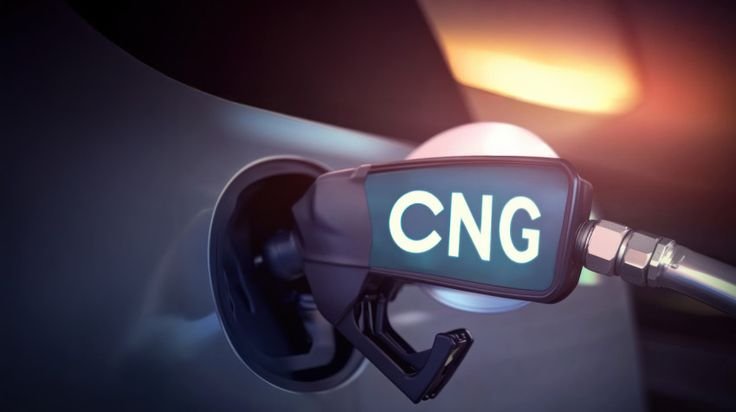
Table of Contents
The Mega-Deal: 500 CNG Stations in Three Years
Introducing CAM InfraCo: The Implementation Vehicle
Strategic Impact: Mainstreaming Affordable Clean Mobility
Connecting the Dots: MDGIF’s Broader Gas Commitment
1. The Mega-Deal: 500 CNG Stations in Three Years
The collaboration, which brings together significant public and private investment, is aimed squarely at resolving the critical infrastructure gaps slowing down the adoption of Compressed Natural Gas as a cheaper alternative to petrol and diesel.
According to Mr. Oluwole Adama, the Executive Director of MDGIF, the core focus of the discussions in Abuja was establishing a robust, government-backed structure to accelerate the nationwide deployment of CNG infrastructure.
This partnership with China’s Endurance Group marks a crucial foreign investment and technical expertise injection into a sector vital to Nigeria’s economy, supporting industrial base growth and expanding energy access in line with the Petroleum Industry Act (PIA).
2. Introducing CAM InfraCo: The Implementation Vehicle
To ensure the success and scale of the project, a dedicated operational entity is being created. The new entity, known as the Compressed Natural Gas Auto Mobility Infrastructure Company (CAM InfraCo), will serve as the sole implementing vehicle for the extensive infrastructure plan.
Under the agreement, CAM InfraCo will be responsible for:
500 Integrated CNG Refuelling Stations: The primary focus is building these stations across all regions.
LCNG Gas Supply Infrastructure: Developing Liquefied Compressed Natural Gas (LCNG) facilities to process and store fuel.
Virtual Pipeline: Providing CNG and LNG transportation trucks equipped with truck-mounted cascades. This virtual pipeline ensures that states without existing pipeline networks can still receive clean gas fuel, overcoming geographical hurdles.
By creating this Special Purpose Vehicle (SPV), the Federal Government is signaling a decisive shift toward large-scale, coordinated action rather than relying on disparate, smaller projects.
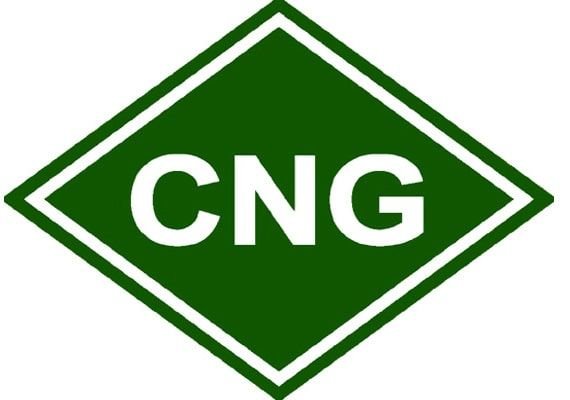
3. Strategic Impact: Mainstreaming Affordable Clean Mobility
The deployment of 500 stations over a condensed three-year period is expected to be a game-changer for Nigerian commuters and businesses.
The partnership is critical because it:
Closes the Infrastructure Gap: It provides the practical framework necessary to scale the Presidential CNG Initiative, making CNG adoption move into the mainstream.
Reduces Transportation Costs: Access to cheaper gas fuel will lower operational costs for millions of households and businesses that rely on transport and logistics.
Stimulates Job Creation: The extensive construction, operations, and maintenance associated with 500 stations will create thousands of new jobs and deepen local manufacturing capabilities.
Supports Energy Security: By diversifying the country’s transportation fuel mix away from solely relying on petrol, the deal strengthens overall national energy security and helps cut emissions.
4. Connecting the Dots: MDGIF’s Broader Gas Commitment
This partnership is built on the financial muscle already demonstrated by the MDGIF. As previously reported, the fund has committed over ₦287 billion to gas infrastructure projects nationwide.
This strategic investment has already successfully leveraged external finance, attracting an additional $500 million in funding through collaboration with the African Export-Import Bank (Afreximbank). The commitment to the 500 CNG stations further solidifies the government’s strategy of using targeted public funds to catalyze massive private-sector participation in line with the Petroleum Industry Act’s vision.
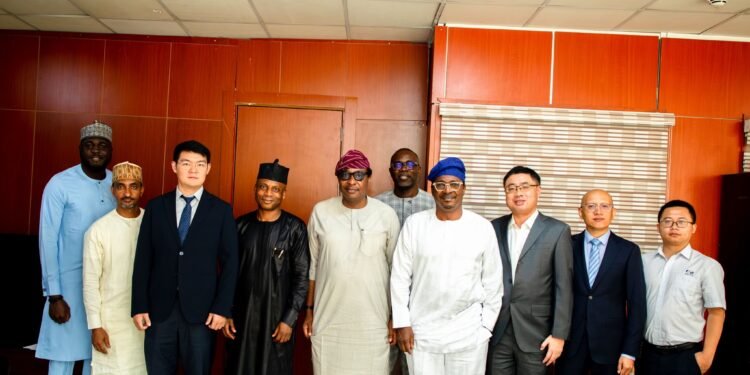
Do you think the aggressive three-year timeline for 500 stations is realistic, and what challenges do you foresee in scaling up the necessary vehicle conversion centres nationwide to meet the new demand?


